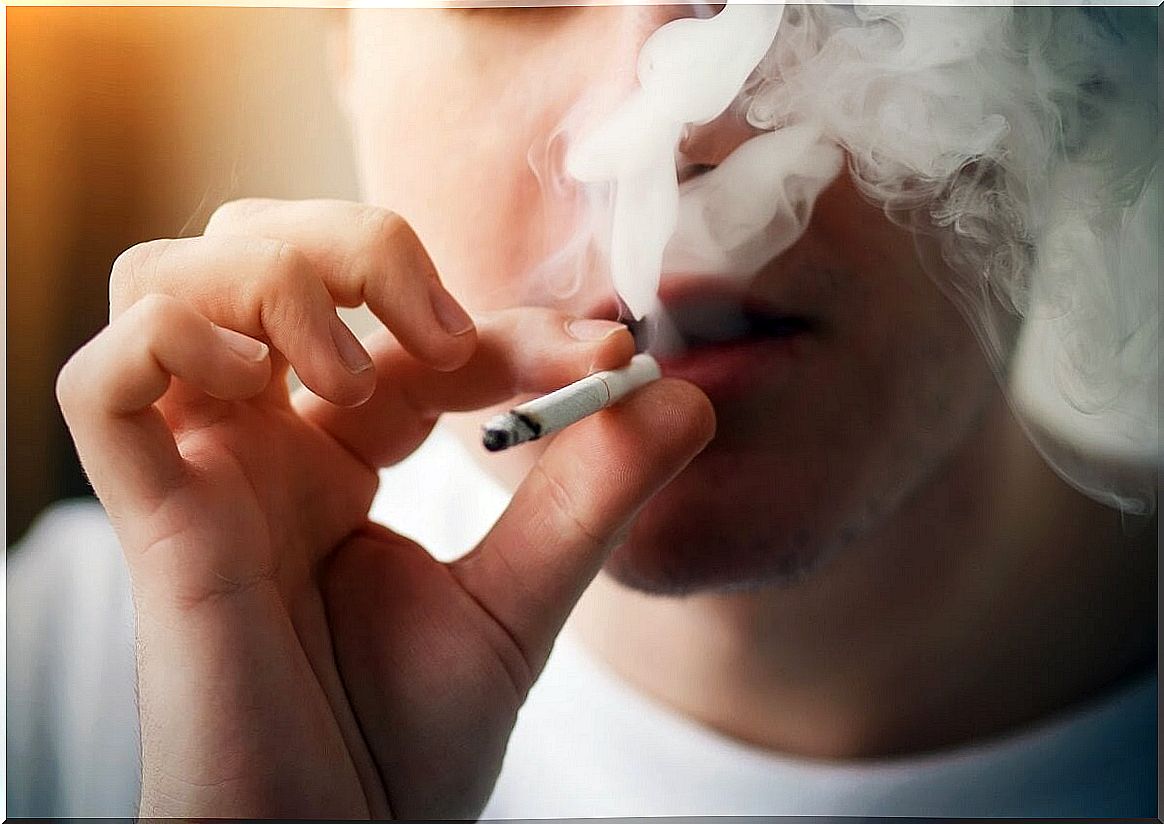Alcohol Intolerance: Everything You Need To Know
Have you ever heard of alcohol intolerance? This condition can often be confused with an alcohol allergy, since it causes immediate and uncomfortable reactions after ingesting the substance.
In relation to this, science points out that the specific difference is that the allergy happens because the immune system reacts to the components that an alcoholic drink may have (wheat, barley, rye or others). On the contrary, in an intolerance the problem exists because a genetic condition prevents the body from breaking down ethanol efficiently.
On the other hand, there are some cases that seem to be intolerance to alcohol because the body reacts to chemical components or preservatives that, when combined with certain medications, produce adverse reactions.
What are the causes of alcohol intolerance?
Specifically, alcohol intolerance is a genetic disorder in which the body is unable to produce the enzyme responsible for metabolizing it, or synthesizes it, but it is inactive. The name of this enzyme is alcohol dehydrogenase (ADH). Thanks to it, the liver converts ethanol into acetaldehyde, a substance that in high concentrations can cause cell damage.
To prevent this from happening, another enzyme called aldehyde dehydrogenase 2 (ALDH2) helps transform acetaldehyde into acetic acid (vinegar), a non-toxic compound.
In the case of people who are intolerant to alcohol, a genetic mutation makes aldehyde dehydrogenase 2 inactive, for this reason the body cannot eliminate it and it tends to accumulate in the blood. All this causes the symptoms to appear.
In addition, there are ingredients that are commonly found in alcoholic beverages, especially beer and wine, that can cause typical intolerance reactions. These components include the following:
- Preservatives, especially sulphites.
- Chemical products.
- Cereals, such as barley or others.
- Histamine, a by-product of fermentation.

Which are the risk factors?
The predominant risk factor for alcohol intolerance is being of Asian descent, as this population is more likely to have the inherited gene mutation in the enzyme. According to a study published in the journal BMC Evolutionary Biology , this change is associated with the domestication of rice in southern China several centuries ago.
In addition to this, there are other risk factors, such as the following:
- Having asthma or allergic rhinitis (a condition that causes watery eyes, congestion, and a runny nose).
- Have an allergy to cereals or other foods.
- Having Hodgkin lymphoma (a cancer of the lymphatic system).
Symptoms that indicate an intolerance to alcohol
The characteristic symptom of alcohol intolerance is reddening of the skin, especially on the face, neck and chest. Besides this, there may also be other manifestations and signs:
- Nausea, vomiting, and diarrhea.
- Tachycardia (fast heartbeat) and hypotension (low blood pressure).
- Hives (burning and itching of the skin).
- Throbbing headache, fatigue, and other hangover-like symptoms.
- Worsening of a pre-existing asthma.
How is it diagnosed?
If you suspect that someone has an intolerance to alcohol, it is because one or more of the symptoms mentioned above are present. In that case, you should consult a medical professional. He will ask questions about the demonstrations and reactions.
Additionally, an oral test can be used to diagnose whether you are facing an allergy or intolerance. In this procedure it will be necessary to consume the alcoholic beverage that triggers the symptoms. After that, it will be observed if you develop symptoms.
In other cases, they may first do a test known as an ethanol patch test, which identifies if there is an allergy. It consists of placing a drop of ethanol on gauze and sticking it on the arm. After a few minutes it is removed and looks for redness, itching or swelling.
Treatment and prevention of alcohol intolerance
There is no way to prevent intolerance and there is no way to cure it, because the enzyme cannot work properly. Consequently, the only solution to avoid the appearance of these symptoms is not to consume alcoholic beverages.
In any case, if ethanol is ingested on any occasion, you could consult your doctor about how to act when the signs appear. Additionally, a recommendation is to avoid the use of tobacco, since smoking will also cause acetaldehyde levels to increase.
The use of antacids or antihistamines can reduce symptoms and thereby mask the manifestations of alcohol intolerance.

What other complications can drinking alcohol have?
Fortunately, not being able to drink alcoholic beverages is a positive health aspect. In relation to this, various investigations show that ethanol, especially when consumed in excess, can lead to several complications:
- Increased risk of cardiovascular diseases, such as hypertension.
- Weight gain, since it provides 9 kilocalories per gram.
- Increased chances of liver disease.
- Alcohol depresses the nervous system, causing limitations in movement, concentration, and attention.
- Excessive alcohol intake is related to family, school, work and financial problems, among others.
Alcohol intolerance is inevitable
It is impossible to avoid this condition, since it has to do with an alteration at the genetic level. A point to note is that alcohol intolerance is often not known, so people who suffer from it often reduce their consumption of ethanol in the presence of symptoms.
Therefore, keep in mind that if after drinking you have redness of the skin, tachycardia, hypotension or any of the aforementioned symptoms, it is advisable that you consult a professional and perform a diagnostic test.









